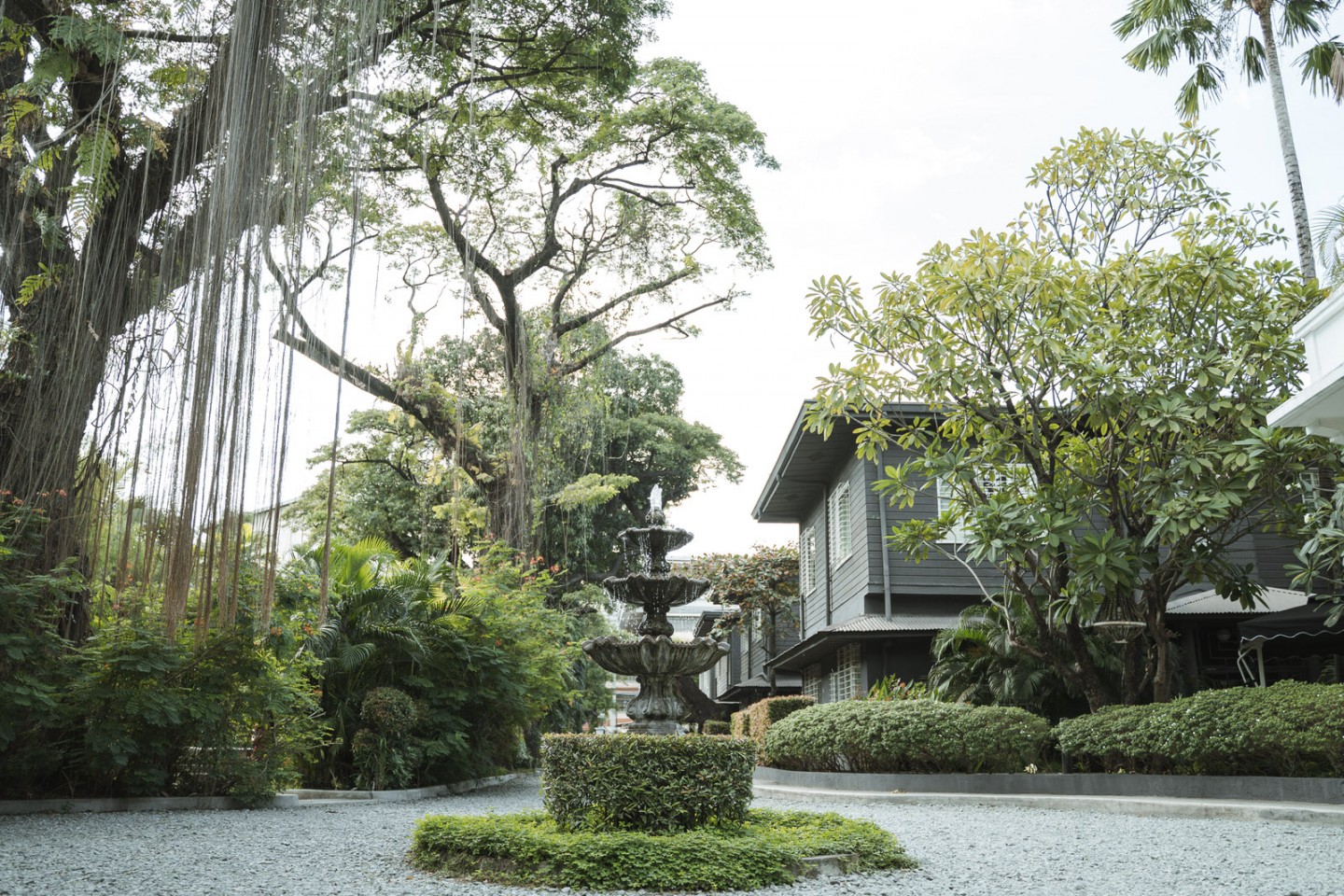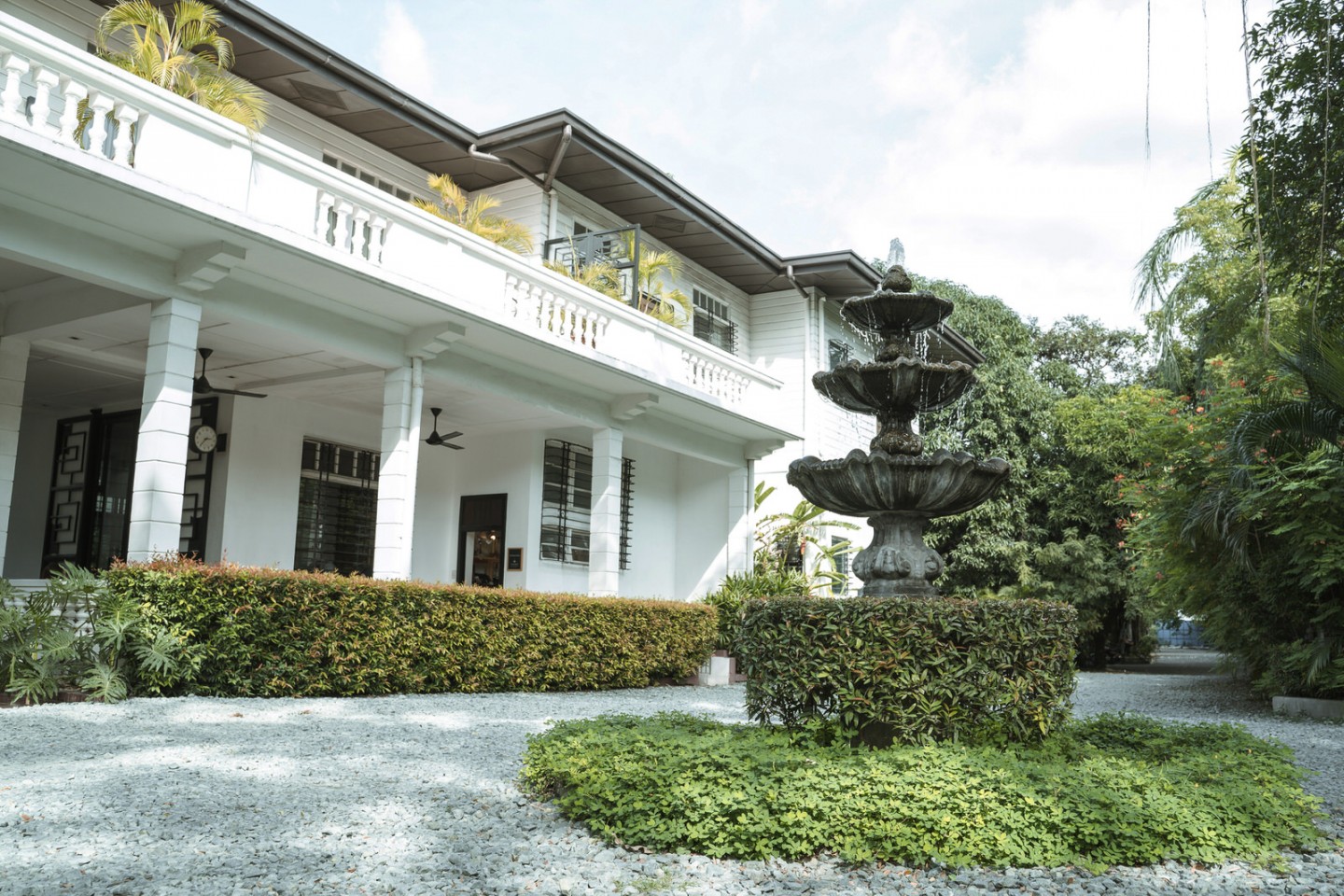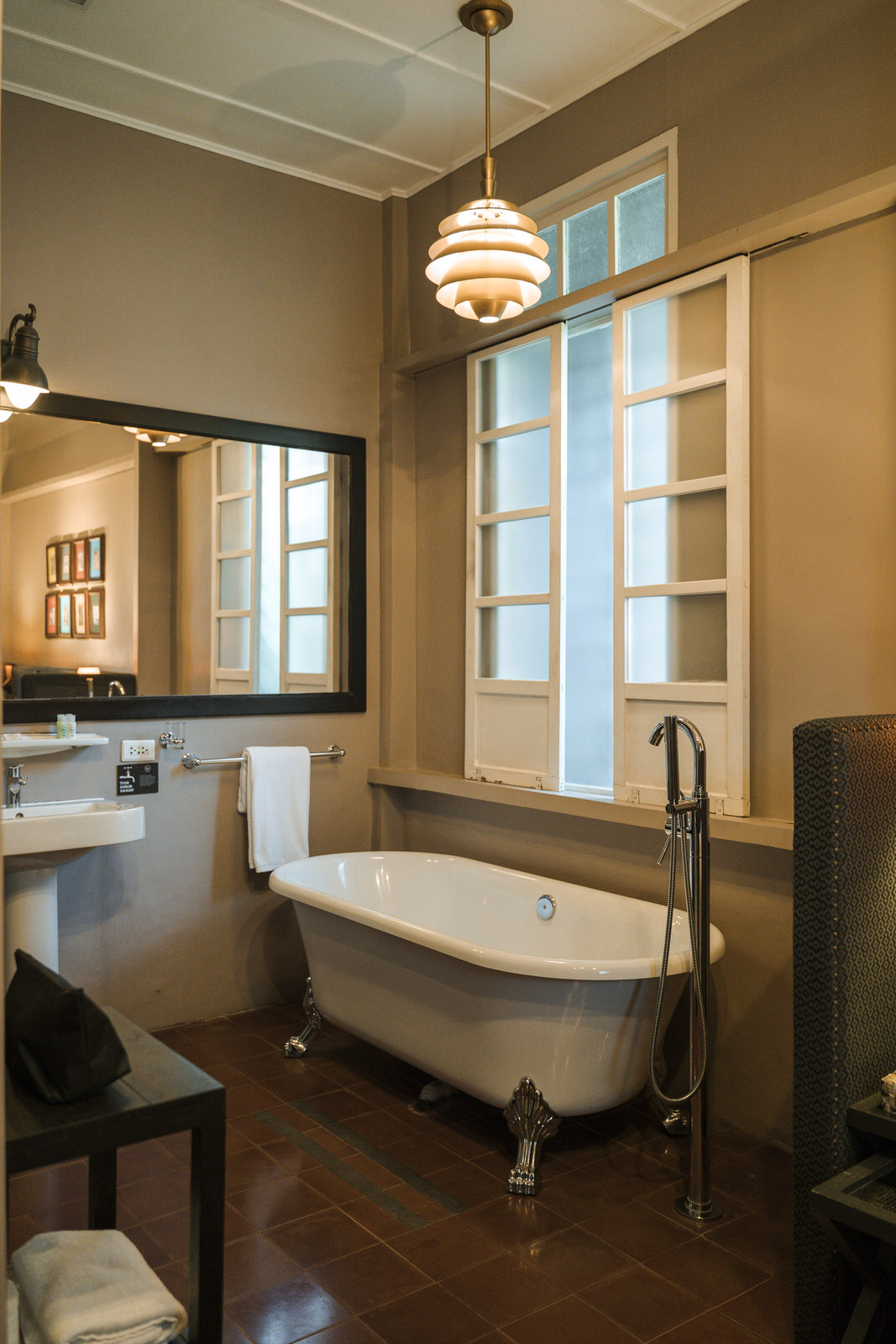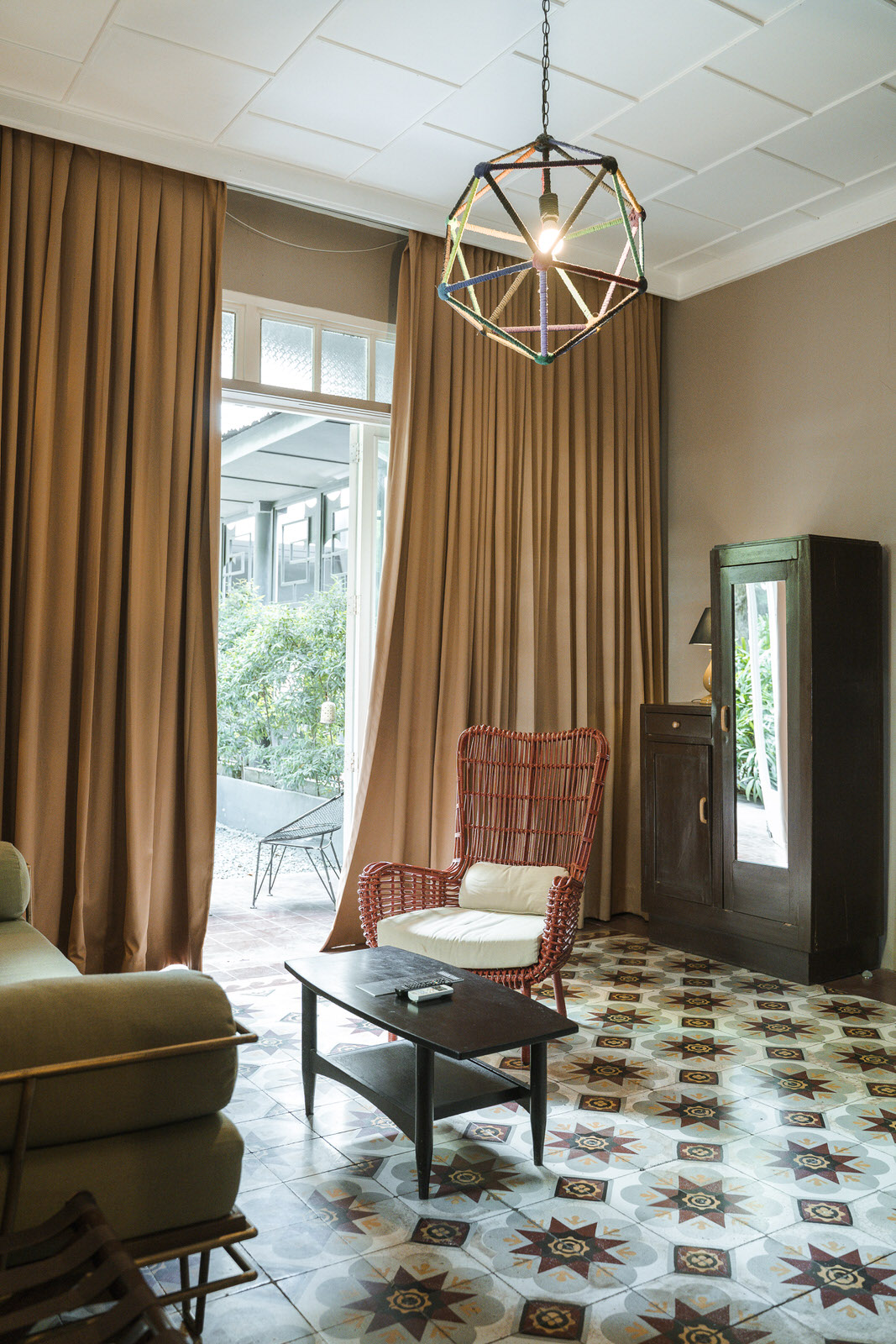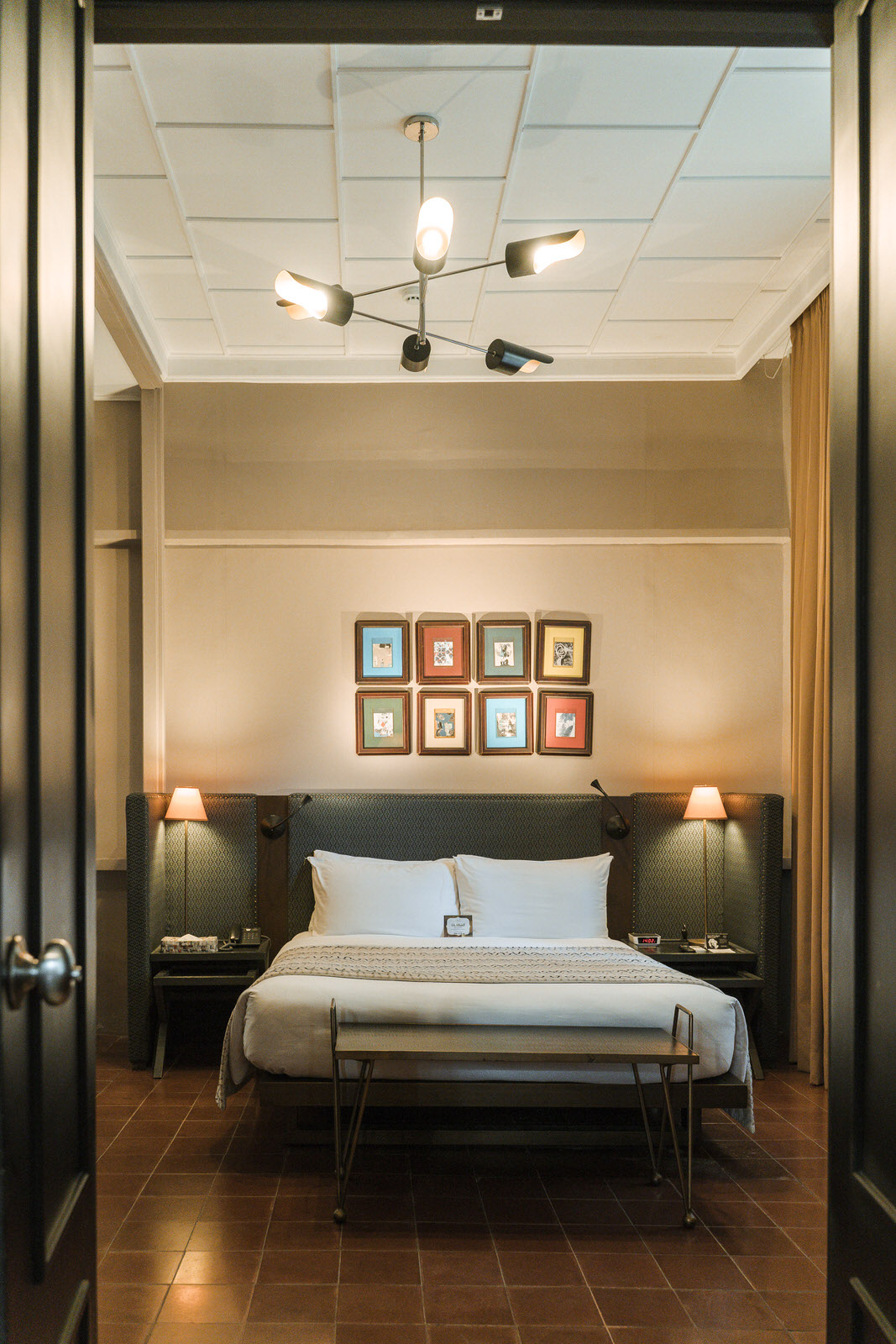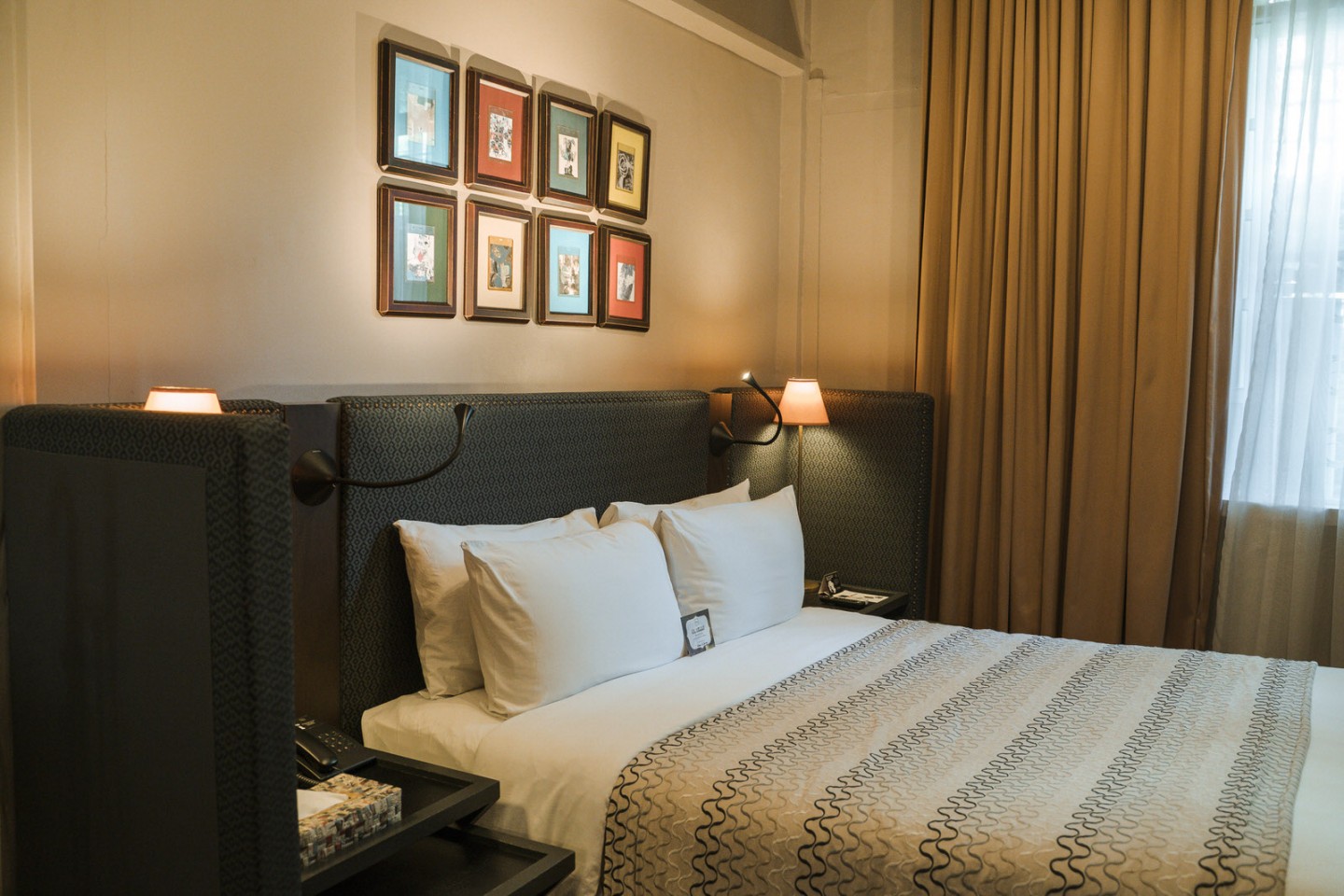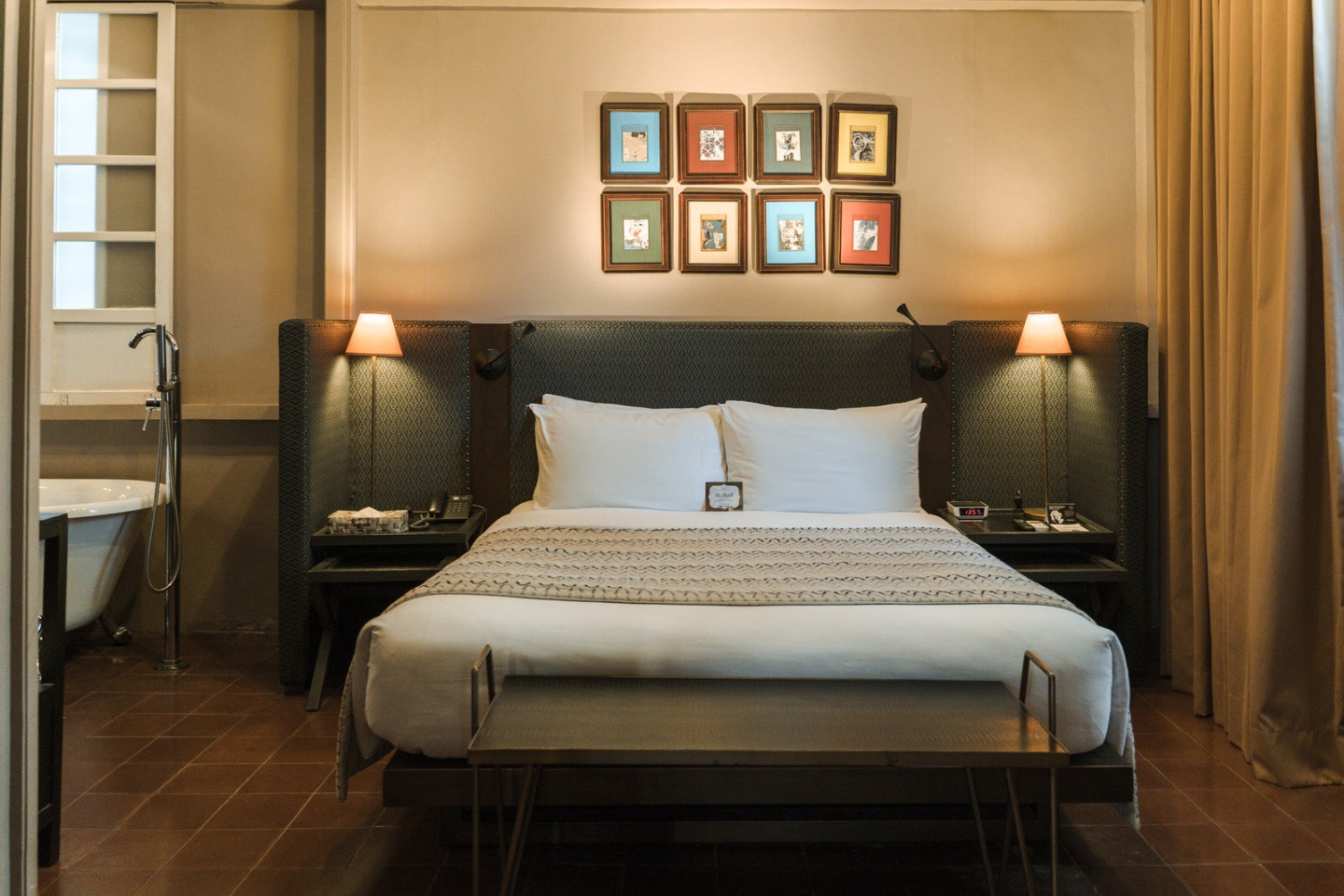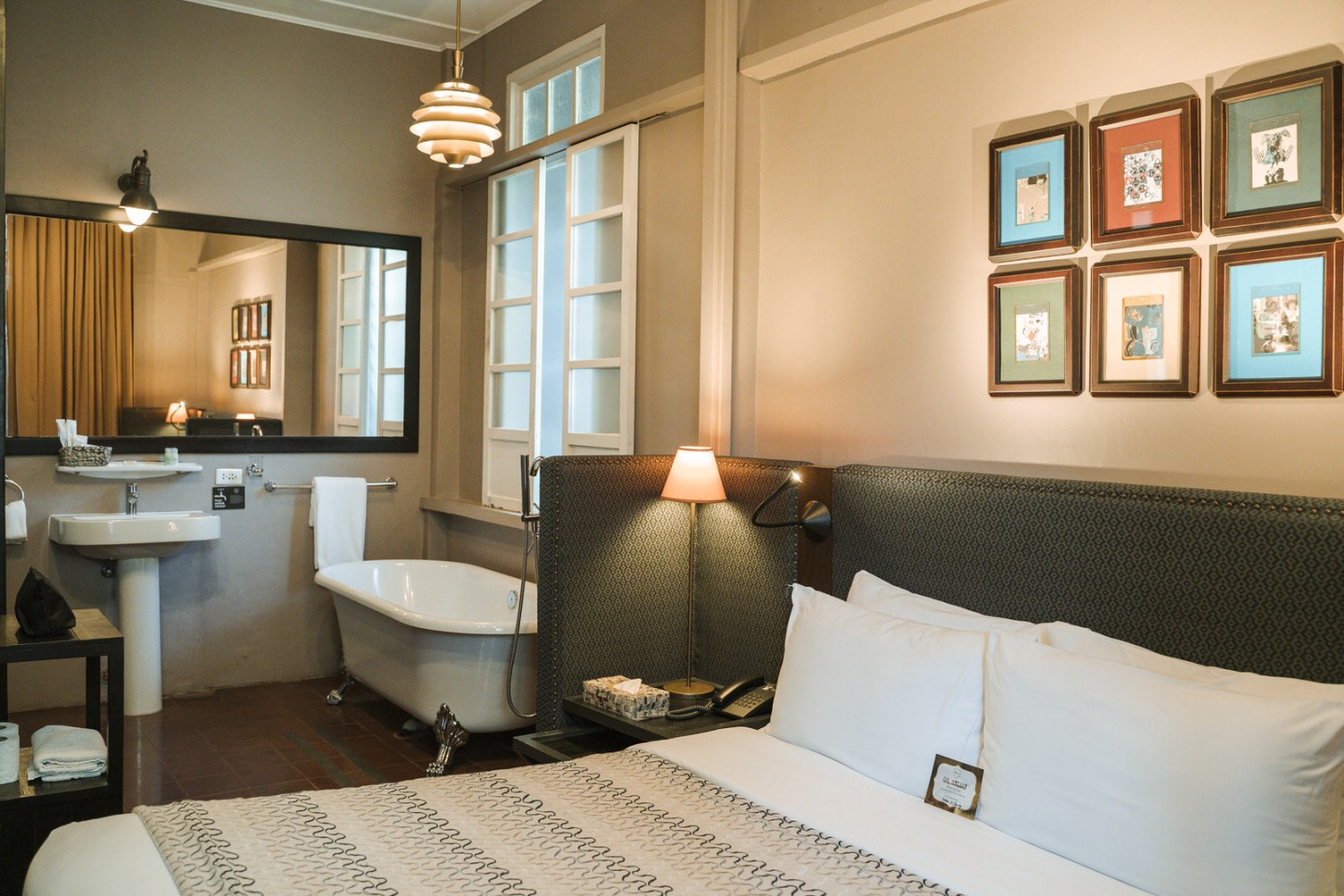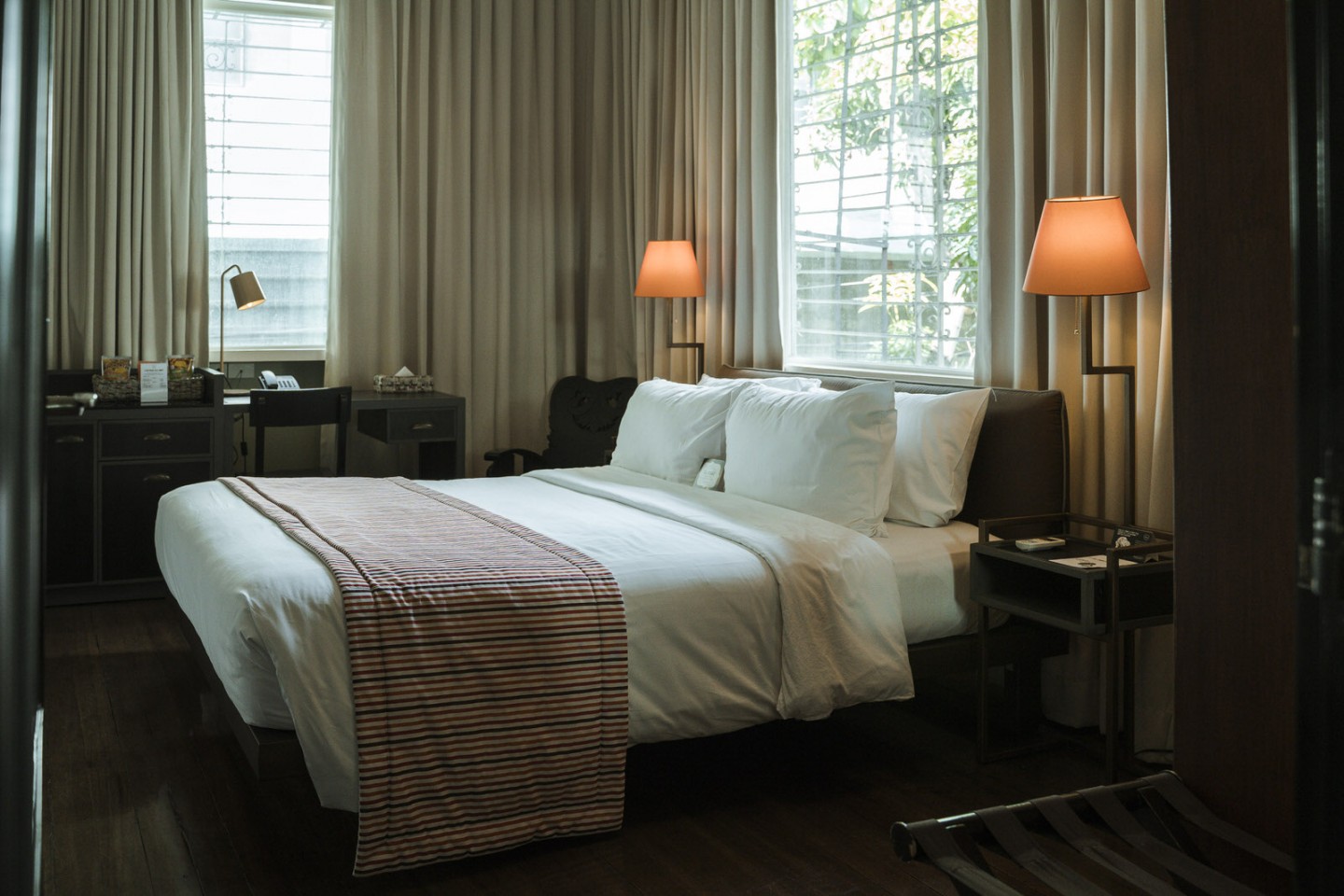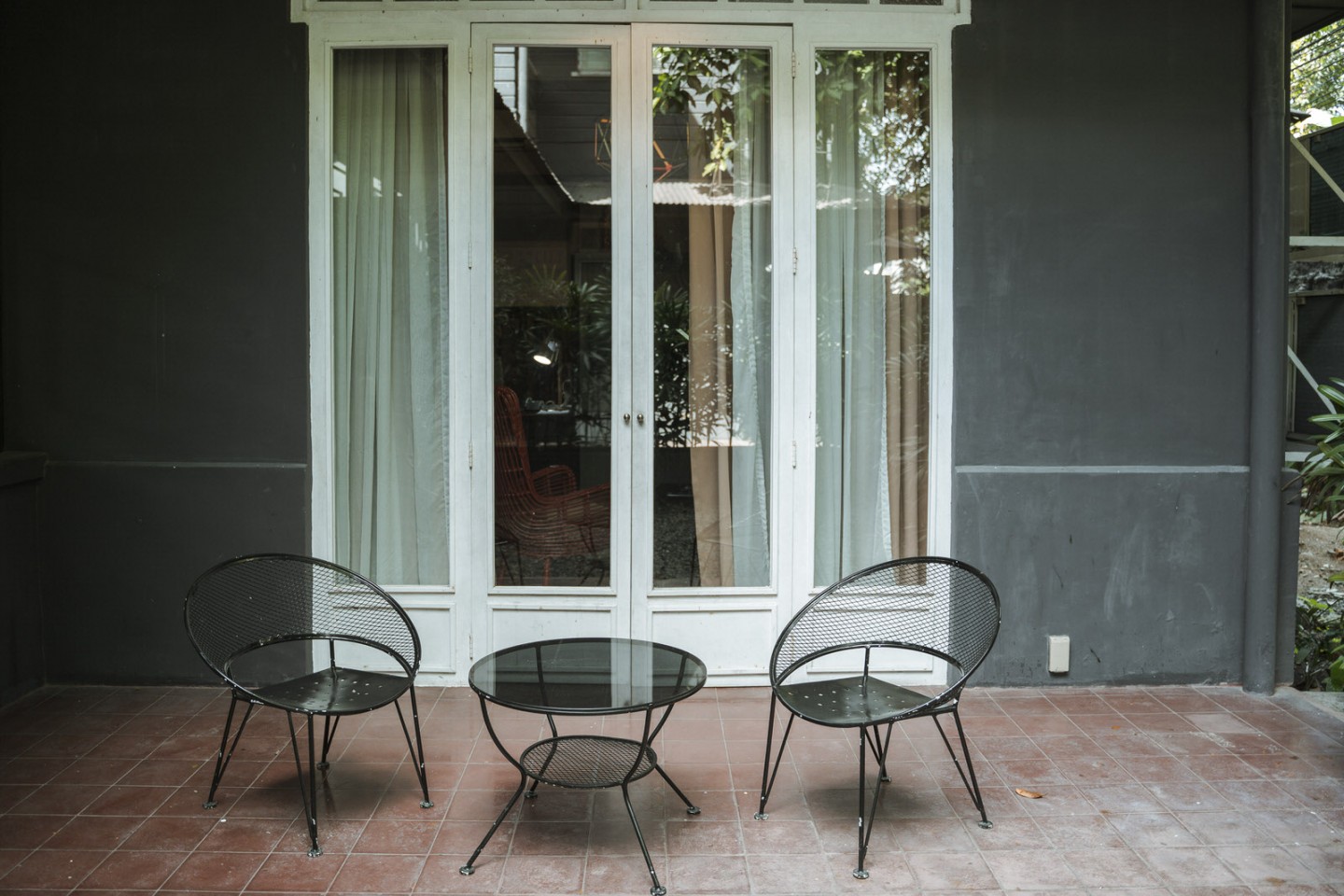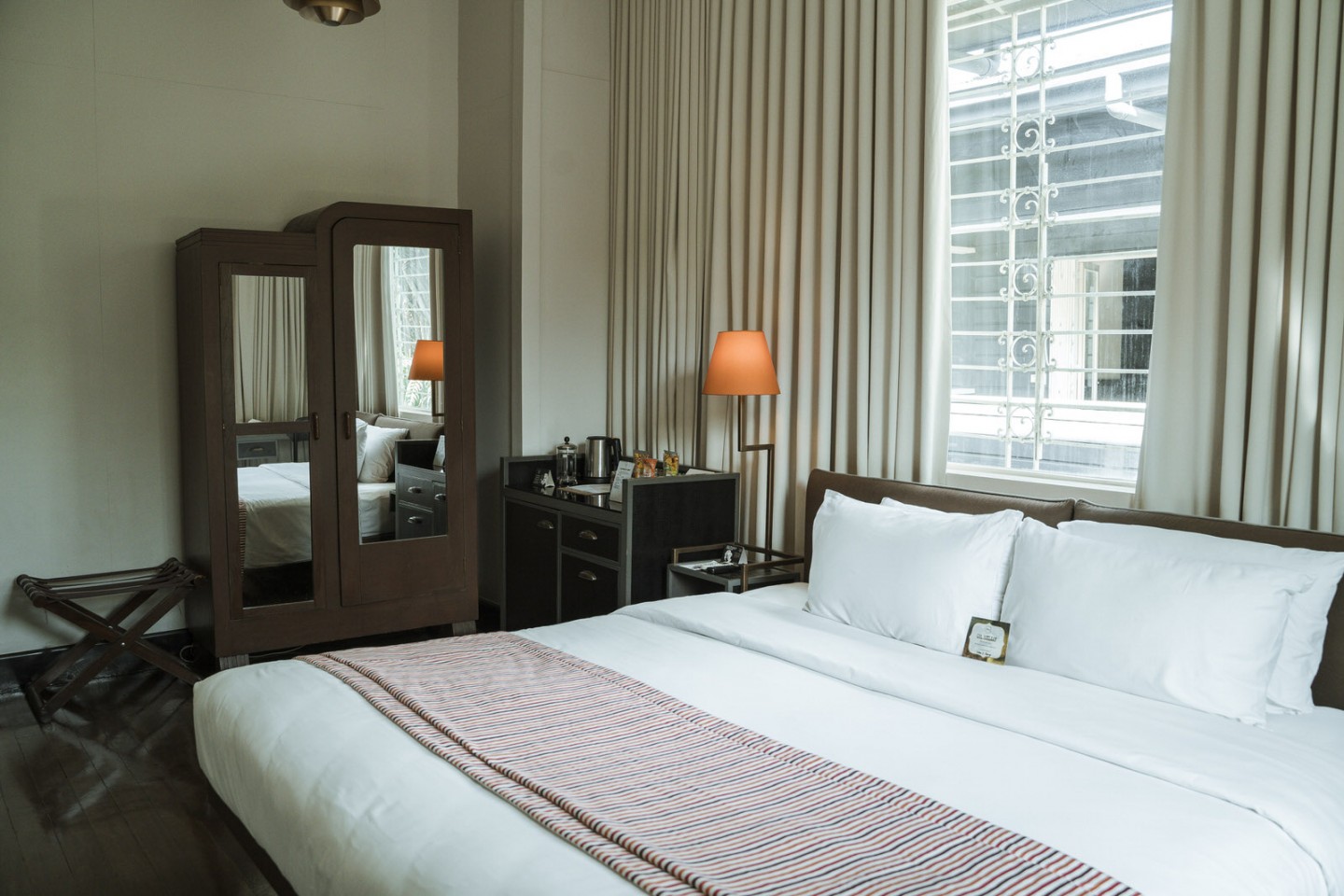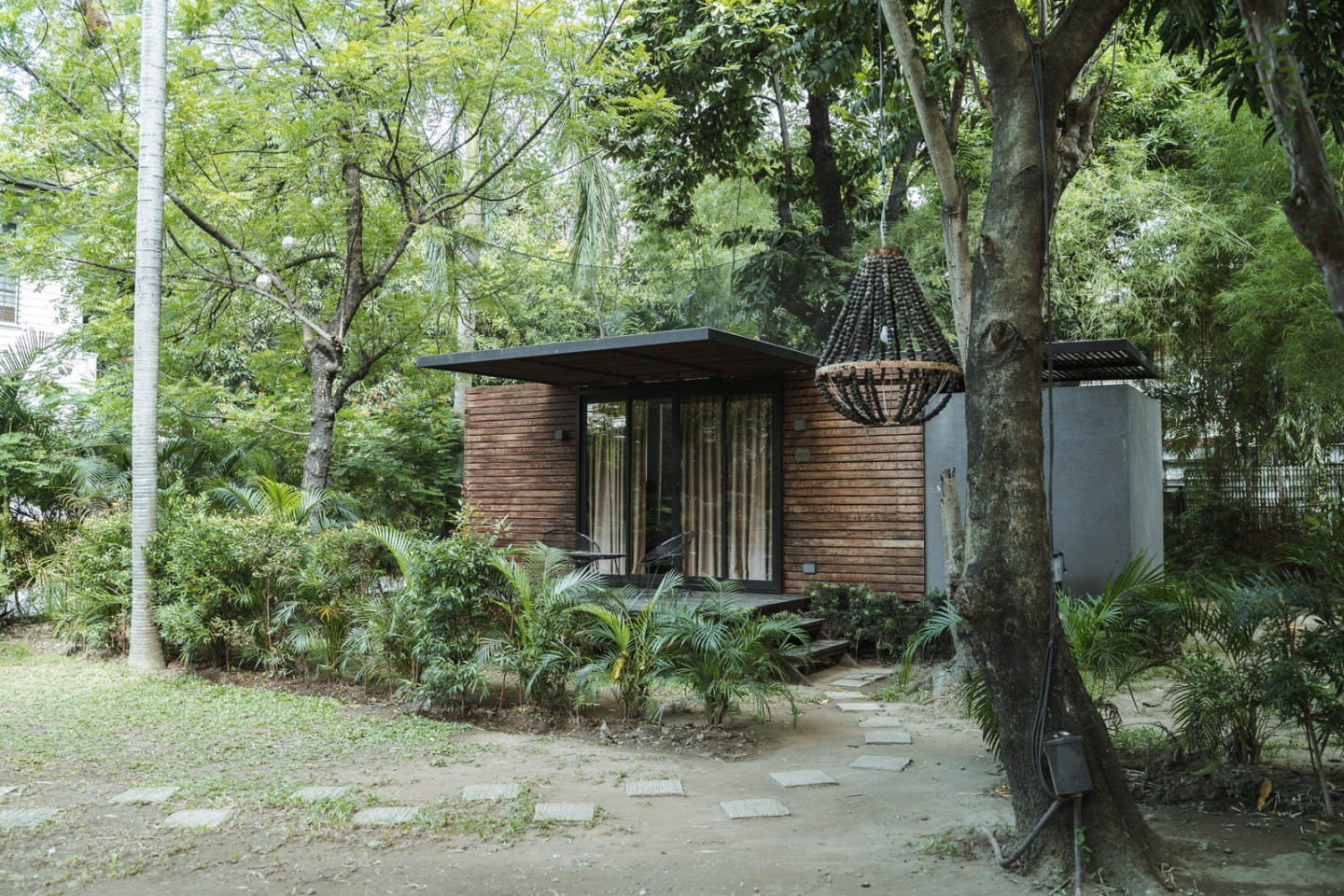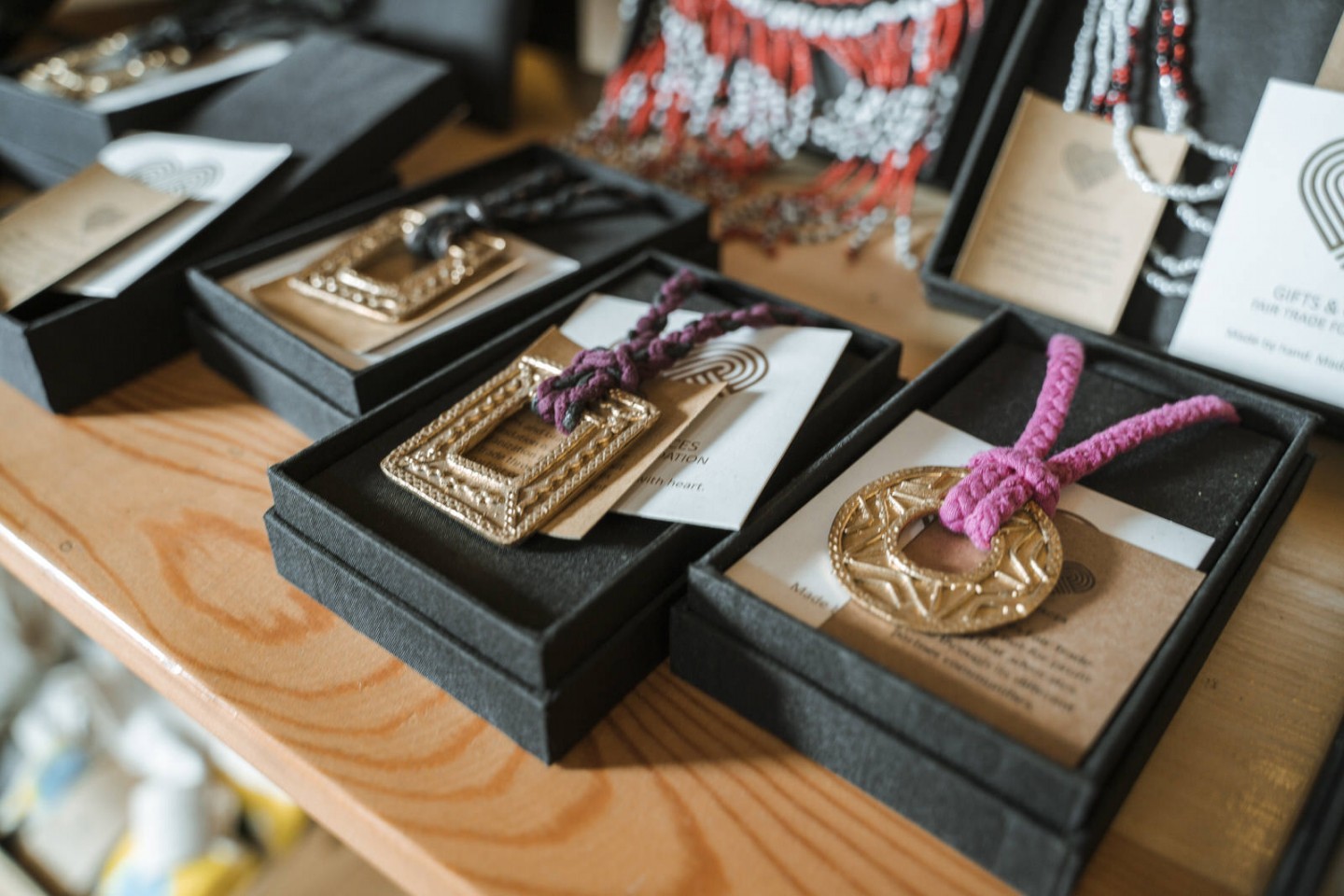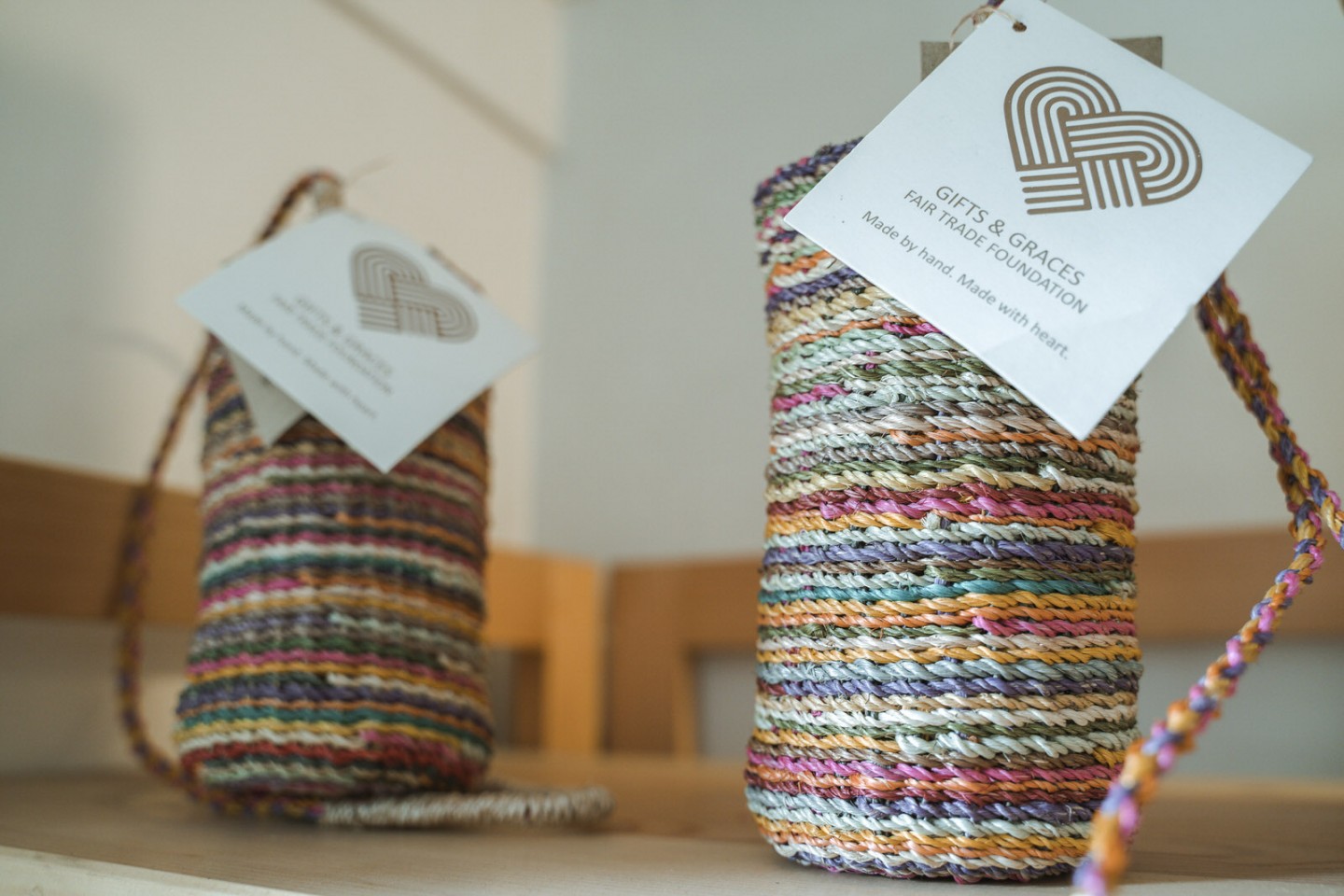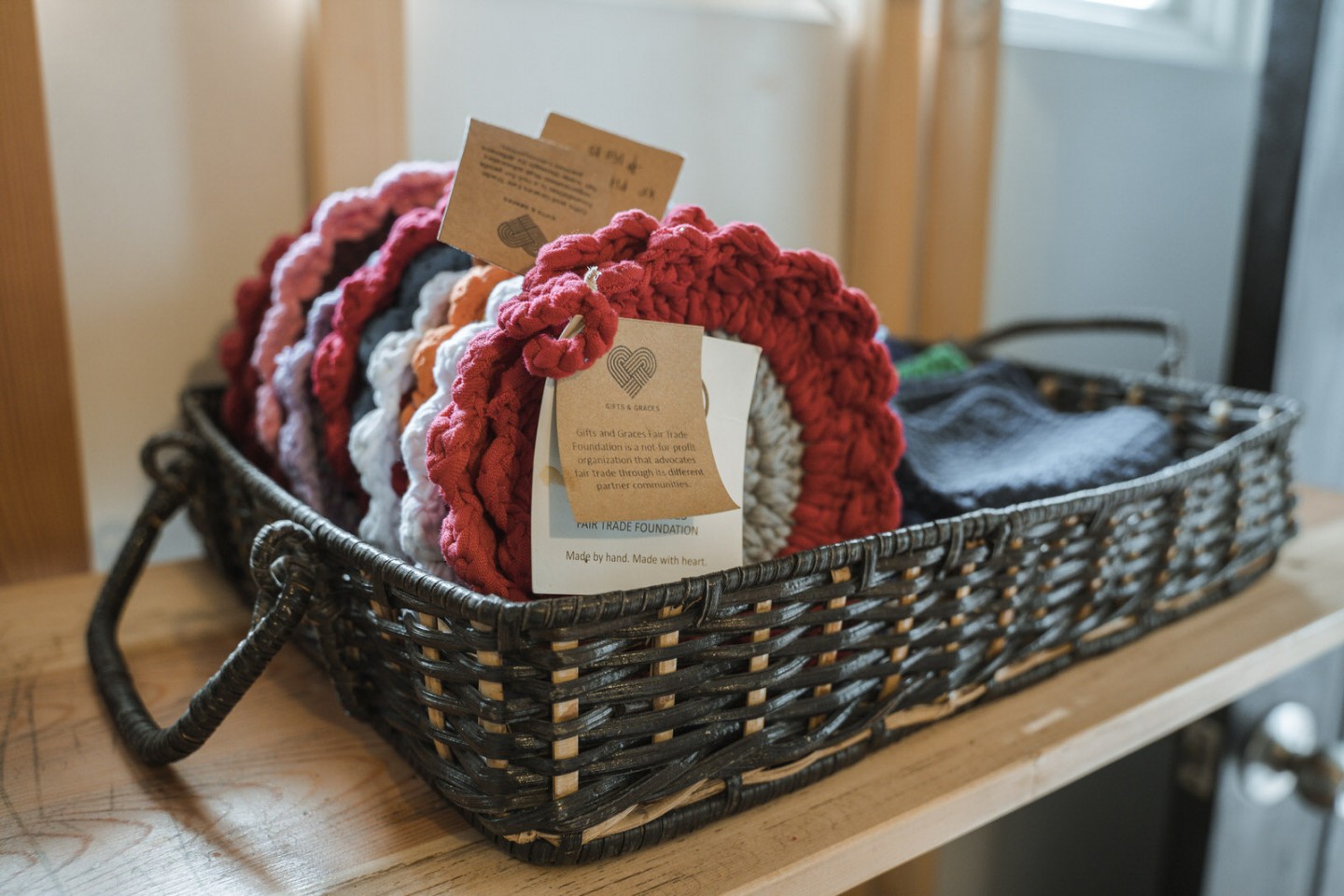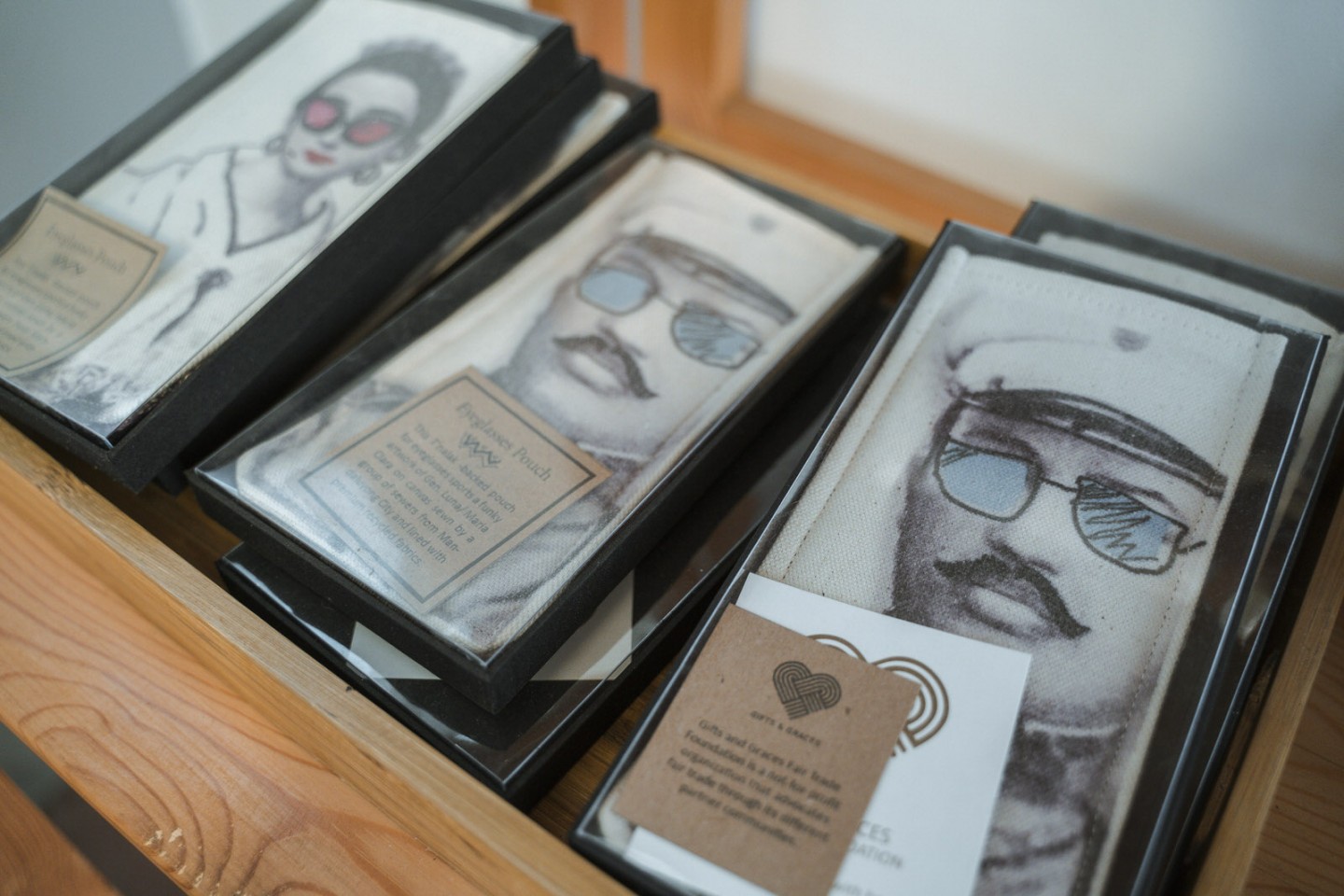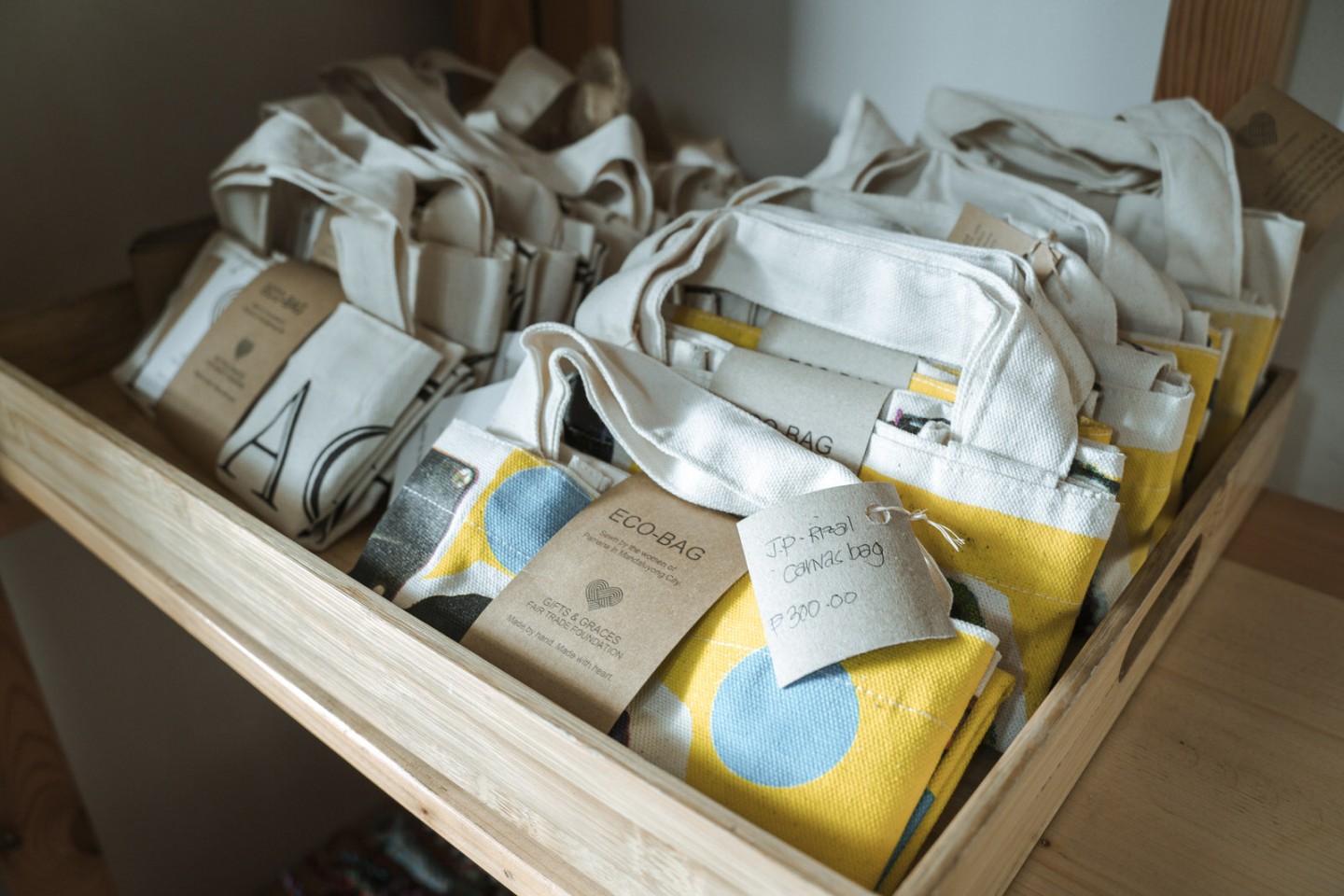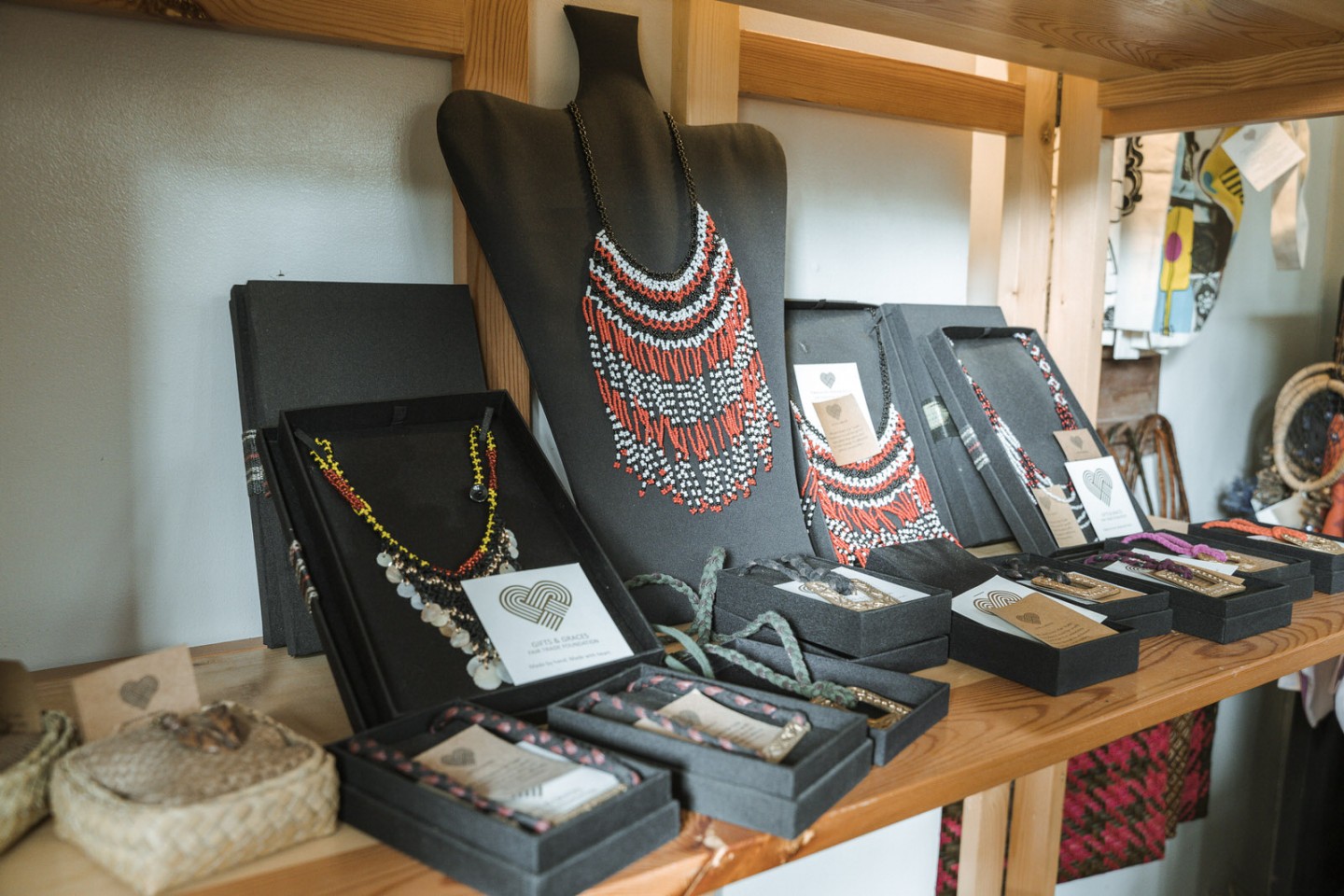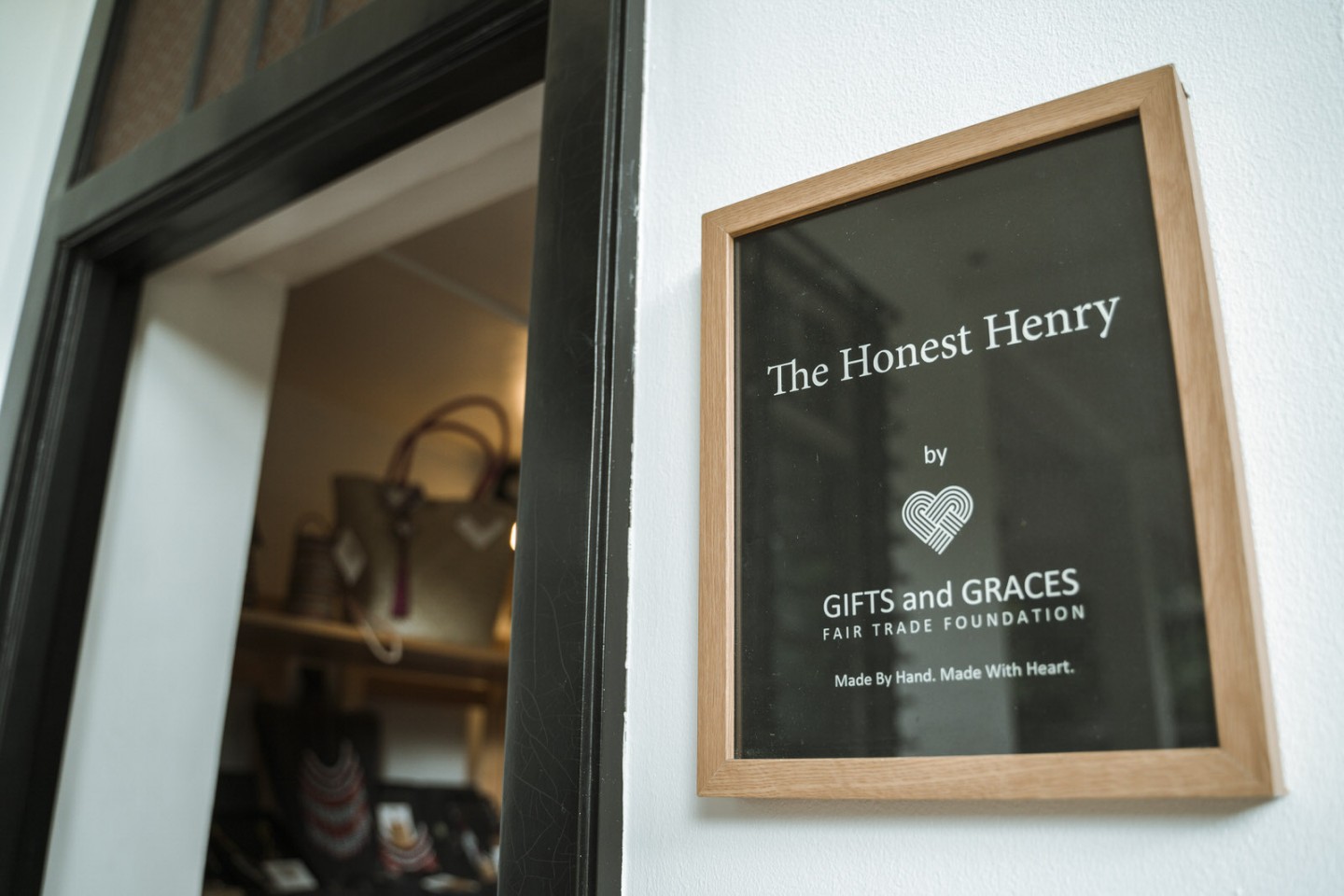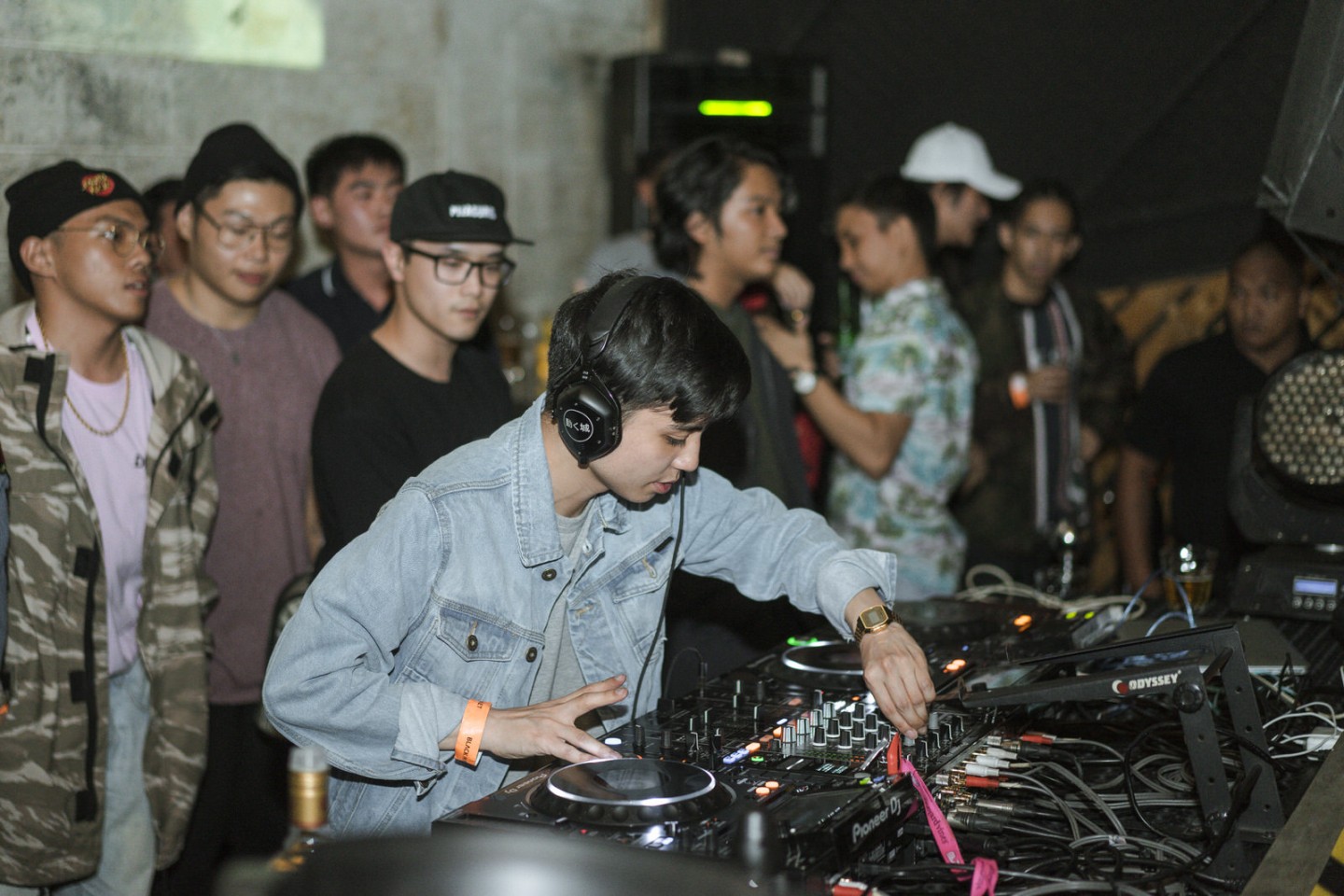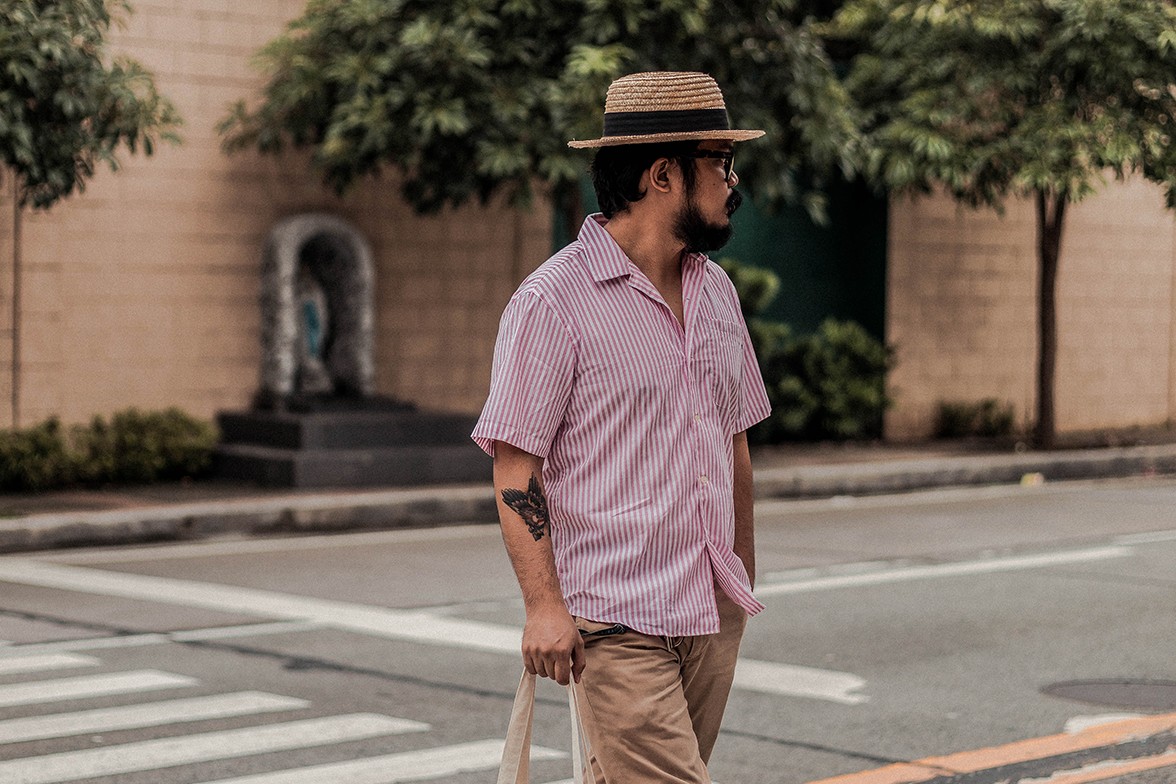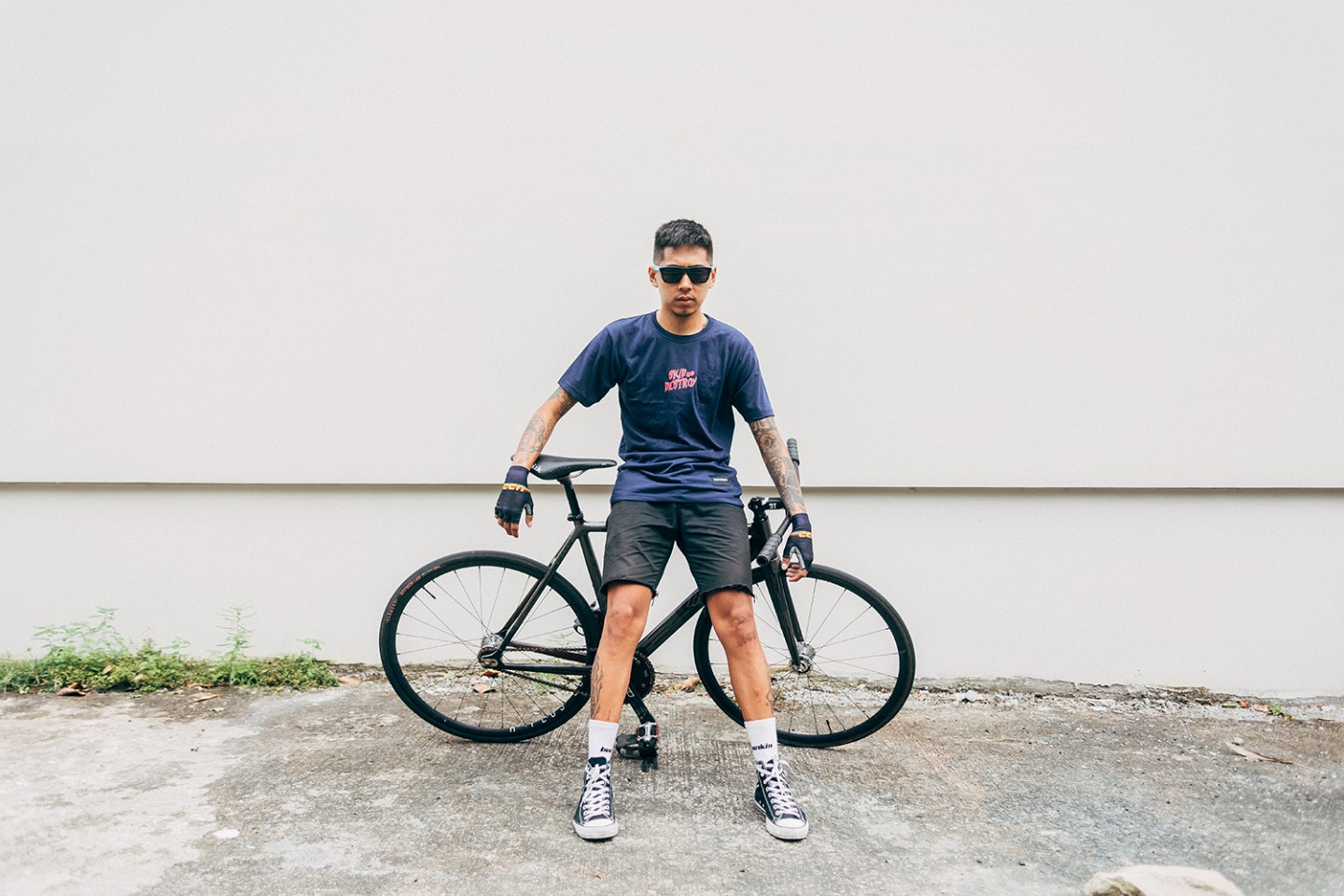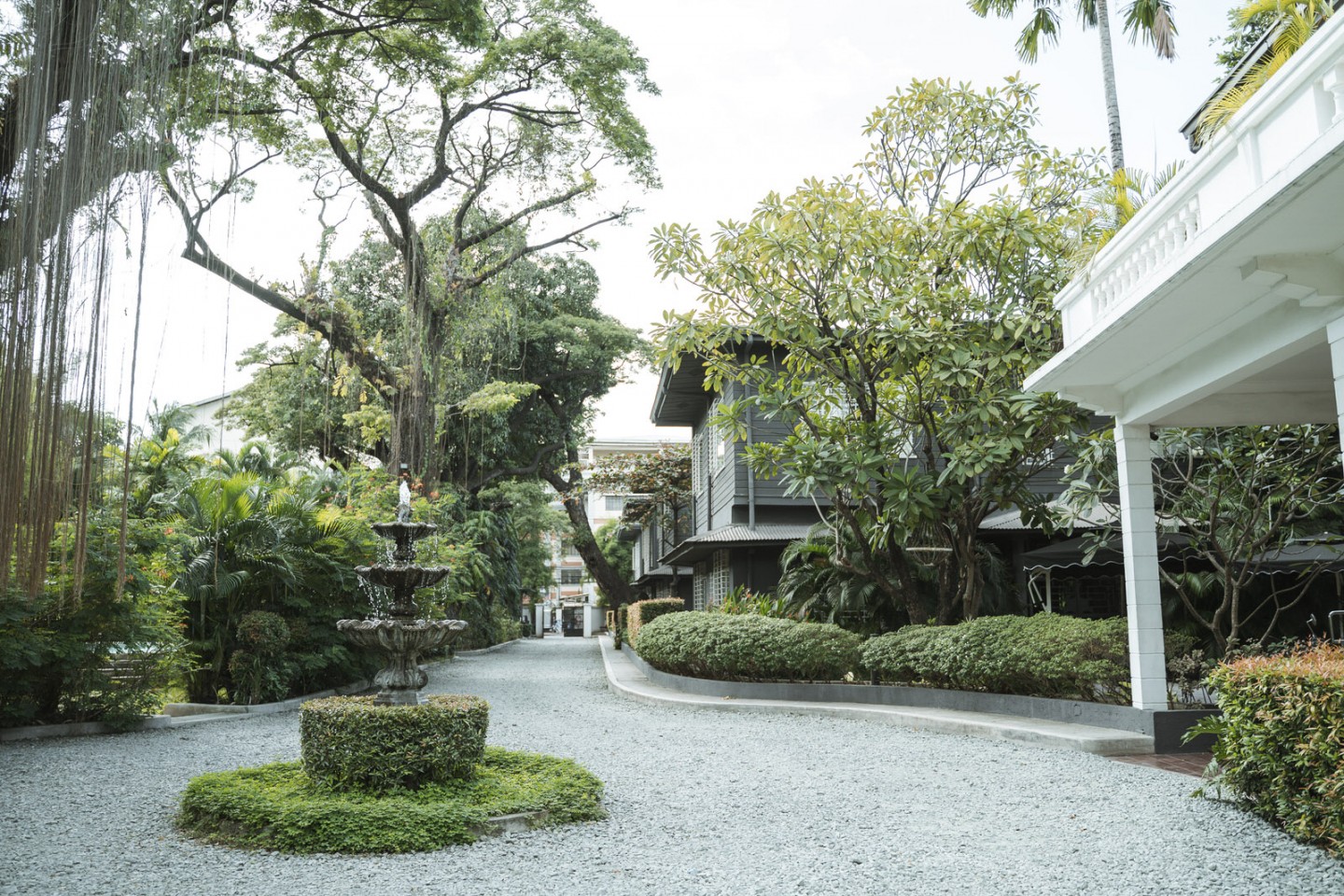
Gone are the days when traveling is considered a luxury only a privileged few can afford. Now, it’s become part of the rhythm of life—a well-deserved reward even the average joe can indulge in. More than ever, a significant number of Filipinos—hundreds of millions, according to statistics from the Department of Tourism, in fact—are booking flights everywhere, a whopping number of which still fall under domestic ones. Hotelier Hanky “Henry” Lee III is well aware of this, and his success with The Henry Hotels is proof of how he’s gotten the formula for Filipino hospitality—what we’ve always been renowned for—down pat.
Photos by Zaldine Alvaro
Growing up, Hanky recalls living in a milieu where he met people from all over the world. This can be attributed to the fact that his parents ran a 75-room apartelle aptly named Broadway Court. A quick search online would lead you to an old building that currently sits along the stretch of Broadway Avenue in Quezon City. If this planted the seed, what watered it was his various personal trips. He quips, “It exposed me to the different types of concepts and facilities that we either had or didn’t have.” It was clear to him that he could not take his learnings and discoveries sitting down. His canvases for inspiration drew him ever closer to give his timely take on the local hospitality industry.
To think, the hospitality landscape in the Philippines was all just really a matter of black and white not so long ago. After all, there was a time when AirBnBs did not exist. Back then, there are the luxury high star hotels on one end, and the significantly smaller mom-and-pop hotels on the other end of the spectrum. Seven years ago, putting the words ‘boutique’ and ‘hotel’ together was a lost cause. Hanky personally defines the boutique hotel as a “lifestyle accommodation facility that is well thought-out in concept and design, coupled with service that is personal, sincere, and familiar.” True enough, the concept was just a diamond in the rough waiting to be found.
Hanky Lee wanted to pioneer the alternative. And pioneer he did with his first offering in 2012: The Henry in Cebu. More than just a place to rest one’s head after a long day on tour, it became a destination in itself, even garnering a People’s Choice tip-off on Trip Advisor. Indeed, the space is a feast for the eyes imbibing a hip and artsy aura, living pop-art one can experience day in and day out. This was shortly followed by The Henry in Manila in December 2014, and this one had its own personality too. A stroll along the bustling FB Harrison street all the more confirms The Henry’s tour de force.
Heavily guided by their ‘Like No Other’ principle, their properties are embodied by three P’s: place, people, and Philippines. The first ‘P’ promises a space that engages and inspires—all you really need to see are their bespoke rooms for proof. For instance, all their Manila suite rooms actually have their own pocket garden, one where guests can forget their worries to read a good old book or simply bask in sunlight and fresh air. It is here that one can find a simple oasis in the midst of the city’s chaos. In their Cebu lot, one will be stoked to find that no two rooms are designed the same. As such, it can further harness lurking creativity and be an instant source of life.
Hanky then describes the ‘people’ aspect of their stay to establish ‘Henry’ as this persona of “a warm and gracious host that exhibits a Western Mind, Latin Heart, and Asian Soul”. He’s an omnipresent element fully dedicated to taking care of his guests. Henry could be your receptionist, he could be your room service, he could be your waiter, or caretaker, or gardener, or just about any staff in the compound. Henry has eyes everywhere, a host always ready to give a helping hand.
Celebrating the Philippines also holds much gravitas to their hotels. In particular, the tale of how The Henry Manila came to be holds interesting bits and pieces of history. It was once a Pasay City compound in the 1940’s that belonged to a wealthy family of tsinoys. Fast forward to many years later, the legacy of the abode became a hub for creatives. Gallerist Albert Avellana, furniture designer Eric Paras, and fashion designer Jojie Loren each moved in to the houses that remained in the compound in the early 2000’s, and it became an abode for their craft. Word of mouth reached Hanky, and in his heart, he knew this would be the location for his first Henry venture in Manila. Third time’s the charm for the flourishing lot, and he was given the go signal to refurbish the old space into a physical manifestation of Filipino talent and nostalgia. Yet another reincarnation of the FB Harrison in 2680 compound then took place.
In each of the 35 rooms, you’ll find a handprint of the past and the promise of the present. Local
Machuca Baldosa tiles tracing back to 1950 will catch one’s eye on their way in. Not to mention, Eric Paras holding court for the stunning character of the room’s interiors (spoiler alert: it’s like living inside a timeless artpiece). What’s more is the fact that Henry is 100 percent behind patronizing local. Here, one can find regional eats from our shore’s three regions—rosquillos, cashew nuts, and yes, even ChocNut fill the in-room snack section. They even partner with various sustainable eco-friendly entrepreneurs and NGOs like Messy Bessy, Kamay Krafts, and Life Project 4 Youth for all the fixtures, toiletries, trash bins, and details one can find in their room. Extending to this is their honesty shop where you can browse even more proudly Filipino products made by the Gifts and Graces Fairtrade Foundation. Even the sprawling lawn that now greets patrons upon their entry to the property has a proudly Pinoy touch, having been landscaped and designed by Ildefonso Santos, who is considered the Father of Philippine Architecture. If it’s all about developing a world-class hospitality experience that still manages to highlight Filipino at its core, The Henry has what it takes to set an example for the rest to follow.
Putting all of the The Henry Hotel’s mission and principles in the big picture, it looks to be the perfect formula to capture human connection. These days, many are on a valiant search for value and kinship everywhere they go. Vacations have become more than just a means to recharge and relax, but also doubles as a way to reconnect with self, nature, and community—things we often miss out on going through the motions of life in the city. “When you stay with us, you’re not just a room number—you are one of Henry’s valued guests,” Hanky reassures on a cheerful note. To wit, this standard is one outstanding philosophy any hotelier should make sure to live by.

